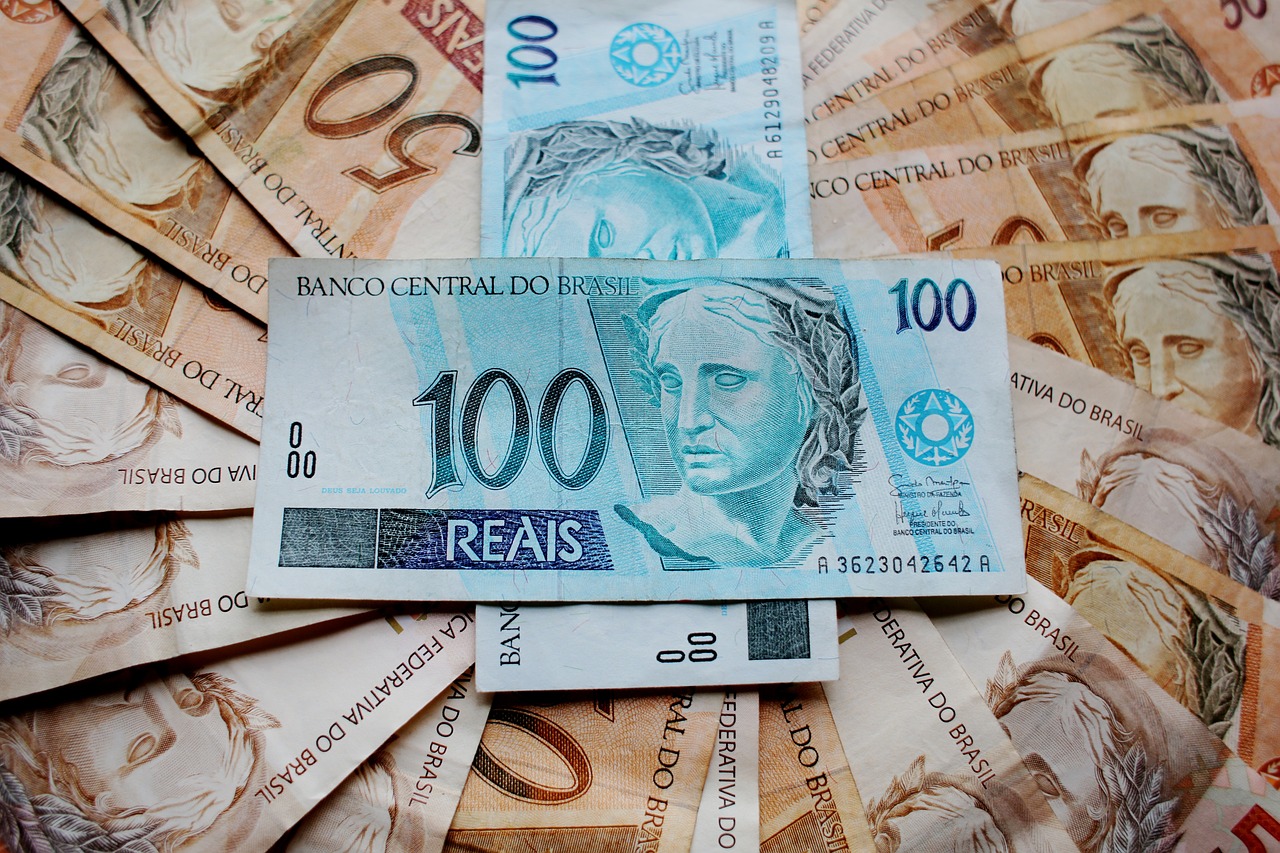On March 28, 2025, Banco de Brasília (BRB) has agreed to acquire 58% of Banco Master for R$ 2 billion ($351 million), for BRB’s strategy to expand beyond its Federal District roots and position itself as one of Brazil’s top ten banks, Metropoles reported.
The transaction, which brings together BRB’s growing customer base with Banco Master’s niche strengths, reflects a shift in the public bank’s ambitions to compete with the country’s largest financial institutions.
A Strategic Move for BRB’s Expansion
Paulo Henrique Costa, BRB’s president, has been instrumental in driving the bank’s transformation from a scandal-plagued institution into a national player. Since taking the helm in 2019, Costa has led a remarkable expansion of BRB’s client base, which now stands at 15 million. Under his leadership, the bank has focused on leveraging digital banking solutions and forming strategic partnerships, such as the Nação BRB FLA initiative, to enhance its offerings and reach. With this acquisition, BRB will add Banco Master’s 1.7 million customers to its roster, significantly strengthening its competitive edge in the market.
The deal gives BRB control over 49% of Banco Master’s voting shares and 100% of its preferred shares, bringing the value of Banco Master to R$ 3.45 billion ($605 million). In line with the terms of the acquisition, BRB will pay 50% of the total amount upfront, with 25% held in escrow for six years, and the remaining balance paid over two years. However, Costa’s strategy excludes certain assets, such as precatórios and judicial claims, valued at R$ 23 billion ($4 billion), focusing instead on Banco Master’s core strengths, including its credit card operations, corporate banking services, and foreign exchange business.
Banco Master’s Strong Performance in 2024
Banco Master’s financial performance for 2024 has been impressive, with the institution reporting a net profit of R$ 1.068 billion, double the amount from 2023. The bank’s equity reached R$ 4.74 billion, while its credit assets amounted to R$ 40.31 billion. With a return on equity (ROE) of 28.5%, Banco Master has shown remarkable profitability and resilience, even amid liquidity challenges in previous years.
Banco Master’s CEO, Augusto Lima, attributed this growth to the bank’s strategic focus on portfolio diversification and strengthening its operations. “2024 was marked by solid and sustainable growth. We expanded our presence and enhanced the customer experience, always with a focus on innovation,” Lima said. These efforts have also resulted in a significant upgrade in the bank’s national long-term rating from BBB (bra) to A- (bra) by Fitch Ratings, reflecting Banco Master’s successful acquisitions and revenue growth.
The bank also implemented operational efficiencies by integrating its brands, including Will Bank, Kovr, and Credcesta, into a unified location, further improving its operational effectiveness.
Acquisition Set to Transform BRB’s Position in the Market
The acquisition of Banco Master comes at a critical time for BRB as it continues to strengthen its presence in Brazil’s banking sector. Following the deal, BRB’s total assets will rise to R$ 112 billion, and its credit portfolio will expand to R$ 72 billion. Additionally, BRB will increase its funding base to over R$ 100 billion. These gains position BRB to rival Brazil’s banking giants, offering enhanced services and further diversifying its client offerings.
Costa emphasized that the acquisition would allow BRB to blend the public bank’s stability with the private sector’s agility, creating a more competitive institution. “This is a technical process aimed at diversifying our offerings and improving the bank’s efficiency,” Costa stated. However, critics have raised concerns over the use of public funds for the acquisition, especially given Banco Master’s previous liquidity challenges. Despite these concerns, Costa remains confident that BRB is acquiring a restructured Banco Master, whose brand strength and expertise will provide a competitive edge.
Regulatory Scrutiny and Future Outlook
The acquisition is still subject to approval by regulatory bodies, including Brazil’s Central Bank and CADE. While the deal is expected to undergo swift review, it has already sparked discussions within Brazil’s financial sector. Governor Ibaneis Rocha has expressed his support for the transaction, which is expected to generate R$ 800 million ($140 million) in dividends for public projects, such as schools and infrastructure.
